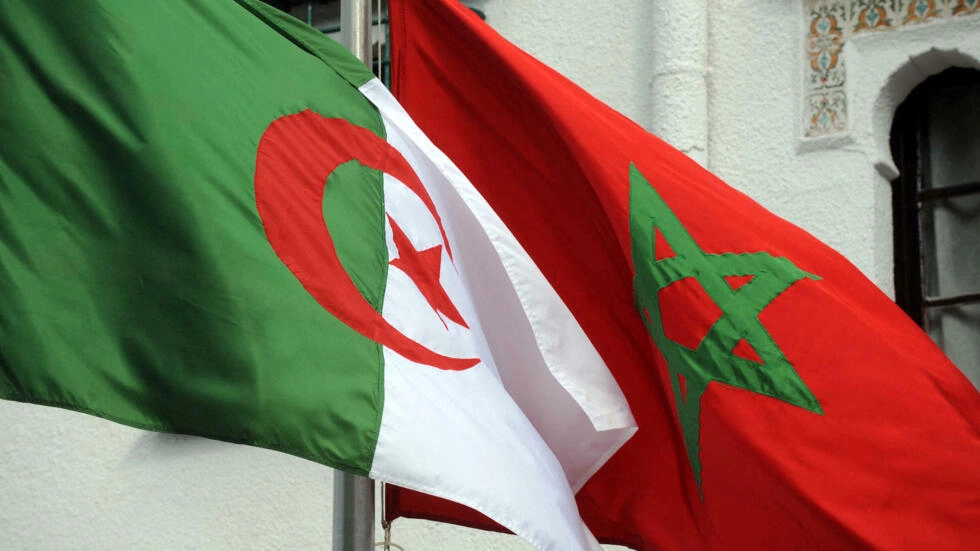If they mobilize every year to avoid an explosion in prices during the month of fasting, the Algerian public authorities are even more determined to avoid dissatisfying the population in this election year. The measures announced are therefore particularly strict.
Economic nationalism and social solidarity are on the menu for Ramadan this year for Algerian industrialists, brought together by the Algerian Economic Renewal Council (CREA). This employers’ union known to be very close to President Abdelmadjid Tebboune and headed by Kamel Moula, boss of Laboratoires Vénus Sapeco, specializing in cosmetic and parapharmaceutical products, has just launched an initiative aimed at lowering the prices of widely consumed products.
An initiative was announced this Saturday, March 9, 2024, during a press conference jointly hosted by Kamel Moula and the Ministers of Commerce and Communication, respectively Tayeb Zitouni and Mohamed Laagab.
For a Ramadan at low prices, without shortages or tension on essential products, the government is trying to obtain a significant drop in the prices of more than 60 widely consumed products in the agri-food, household appliances, and detergents sectors, and this throughout the month.
If, of course, in public, all operators fully adhere to this generous approach, on aside, many manufacturers, particularly those operating in the beverage sector, complain of not being able to adjust their prices following the increase in prices. prices of raw materials and maritime freight costs induced by international tensions in the Red Sea.
UGCAA involved
“Our profit margins continue to shrink. The price of a tonne of concentrated orange juice has completely exploded. If this continues, hundreds of positions will be eliminated,” said a senior manager of a soda brand.
On February 4, two well-known lemonade makers who had decided to increase their prices received a reminder from the Minister of Commerce during the holding of the liquid drinks and foods fair. “We will not allow price increases that are untimely, unstudied, and without prior agreement,” the minister reframed sharply.
The Algerian housewife must find something to fill her basket at a good price and the approximately 9,000 producers who participate in the 500 local markets open across the country must ensure the availability of products directly to consumers without going through intermediaries.
Even the General Union of Algerian Traders and Artisans (UGCAA) was called upon to encourage traders and economic operators to lower prices while ensuring the availability of food products. And beware of those who would be tempted to resort to “speculation, smuggling, fraud and the creation of shortages”. An army of gendarmes and price controllers are keeping watch.
Import of red meat
Obviously, for any good housewife concerned with ensuring the chorba du four, the family meal to break the fast, there is no good Ramadan without a small piece of mutton.
In an attempt to stabilize sheep meat prices and to allow its sheep herd to rebuild, Algeria has decided to import 285,000 sheep in 2023, but according to the bulletin published by the Ministry of Agriculture and Local Development, local beef is traded between 1,550 and 1,830 dinars (10 to 12 euros) per kilo, sheep is at more than 2,800 dinars (around 19 euros) per kilo, while chicken beats always records with an average of 520 dinars (3.5 euros) per kilo, well beyond the reach of small and medium-sized budgets.
The Ministry of Commerce also plans to import 100,000 tonnes of red meat to meet the significant demand that arises each month of Ramadan. During an Algerian radio broadcast, the Director General of Economic Control and Fraud Repression at the Ministry of Commerce specified that his services, which usually import 20,000 tonnes, will have to increase this volume to 100,000 tonnes to supply the entire country during this month of Ramadan which sees demand for food products explode.
Frozen Chicken and Eggs from Hungary
White meats in general, and chicken in particular, being products in extremely high demand during this particular month, the National Livestock Feed Office (ONAB) began marketing products on Monday, the first day of Ramadan. large quantities of frozen chicken imported into its points of sale.
A special Ramadan program also provides for the importation of 3,000 tonnes of imported frozen meat. In addition, to strengthen the supply of live chickens to slaughterhouses, ONAB imported more than 5 million hatching eggs from Hungary and Spain to ensure the supply of breeders with chicks for 120 dinars (0.816 euros) per unit.
To offer an alternative to white and red meat, the government is also banking on fish products and fish from aquaculture farms. The Minister of Fisheries and Fisheries Production is not to be outdone and has just announced the opening, across the national territory, of 174 points of direct sale of fishery products “from producer to consumer” to economic prices. In the absence of chicken, beef, or mutton, Algerians will at least be able to afford fish, but at what price?













